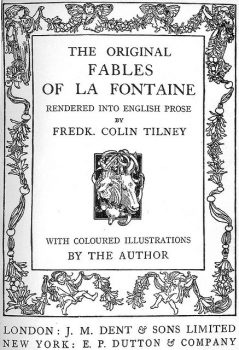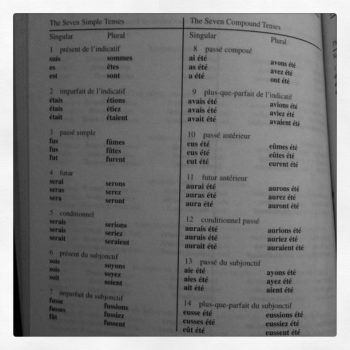Archive for June, 2014
Parlez-vous Français?: A Study of French Expressions (Part 4) Posted by mtaulier on Jun 26, 2014
Fewer things are more revealing of a person’s familiarity with a language than utilizing expressions to convey an idea. Unlike expletives, which many people use to add emphasis to a statement, a thoughtfully used expression is la meilleure façon (the best way) to convey your understanding of French that might surprise, and even impress, the…
“La Mer” by Charles Trenet Posted by mtaulier on Jun 23, 2014
If you’re a fan of the late Bobby Darin, you’ve no doubt heard his song “Beyond the Sea” released in 1959. It was a hit back then and is still played quite frequently on the radio today. Darin may have made the song his own and popularized it, but the original belongs to Charles Trenet…
Les Fables de La Fontaine: Le Lion et le Chasseur Posted by mtaulier on Jun 20, 2014
Another great fable from the illustrious Jean de La Fontaine, a fabulist of the 17th century. Unlike the previous fables we explored (Le Chêne et le Roseau, Les Deux Mulets, La Cigale et la Fourmi), Le Lion et le Chasseur (The Lion and the Hunter) is one of the few of La Fontaine’s fables featuring…
Le Bescherelle: Your Gateway to French Conjugation Posted by mtaulier on Jun 19, 2014
In the last post, we looked at indefinite articles and how to conjugate the verbs avoir (to have) and être (to be) in the most basic tense (present indicative). If you want to learn French, getting a grasp on these fundamentals is a must. There is no other way around it. So what if you…
Avoir et Être (To Have and To Be) and Indefinite Articles: The Building Blocks of the French Language Posted by mtaulier on Jun 16, 2014
French is a difficult language to learn. If you’re a native English speaker, you know that in English nouns are preceded by the word ‘the’ or ‘a’ whereas in French every noun is either masculin ou feminin (masculine or feminine). Unfortunately, there’s no real rhyme or reason in assigning gender to a noun so your…






